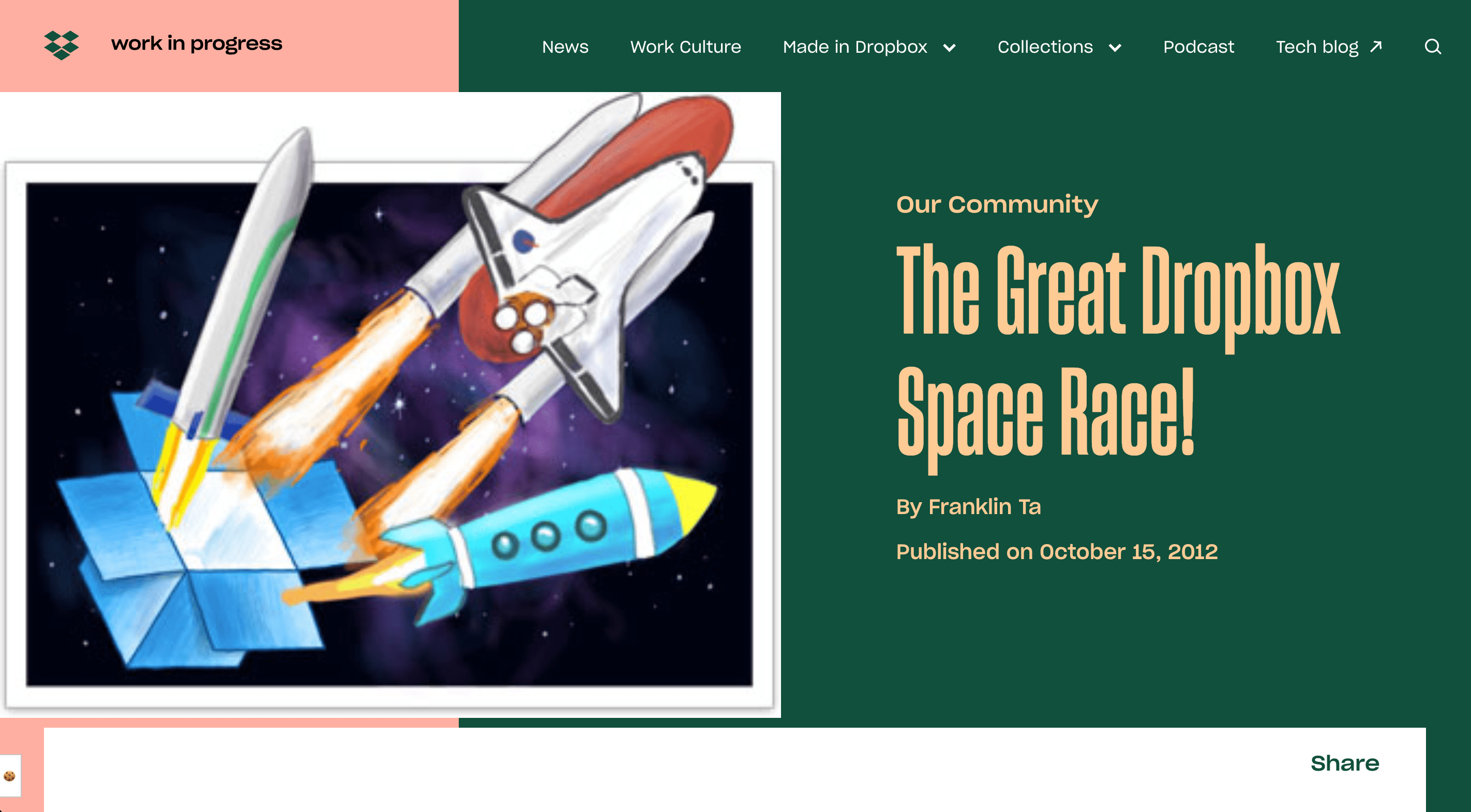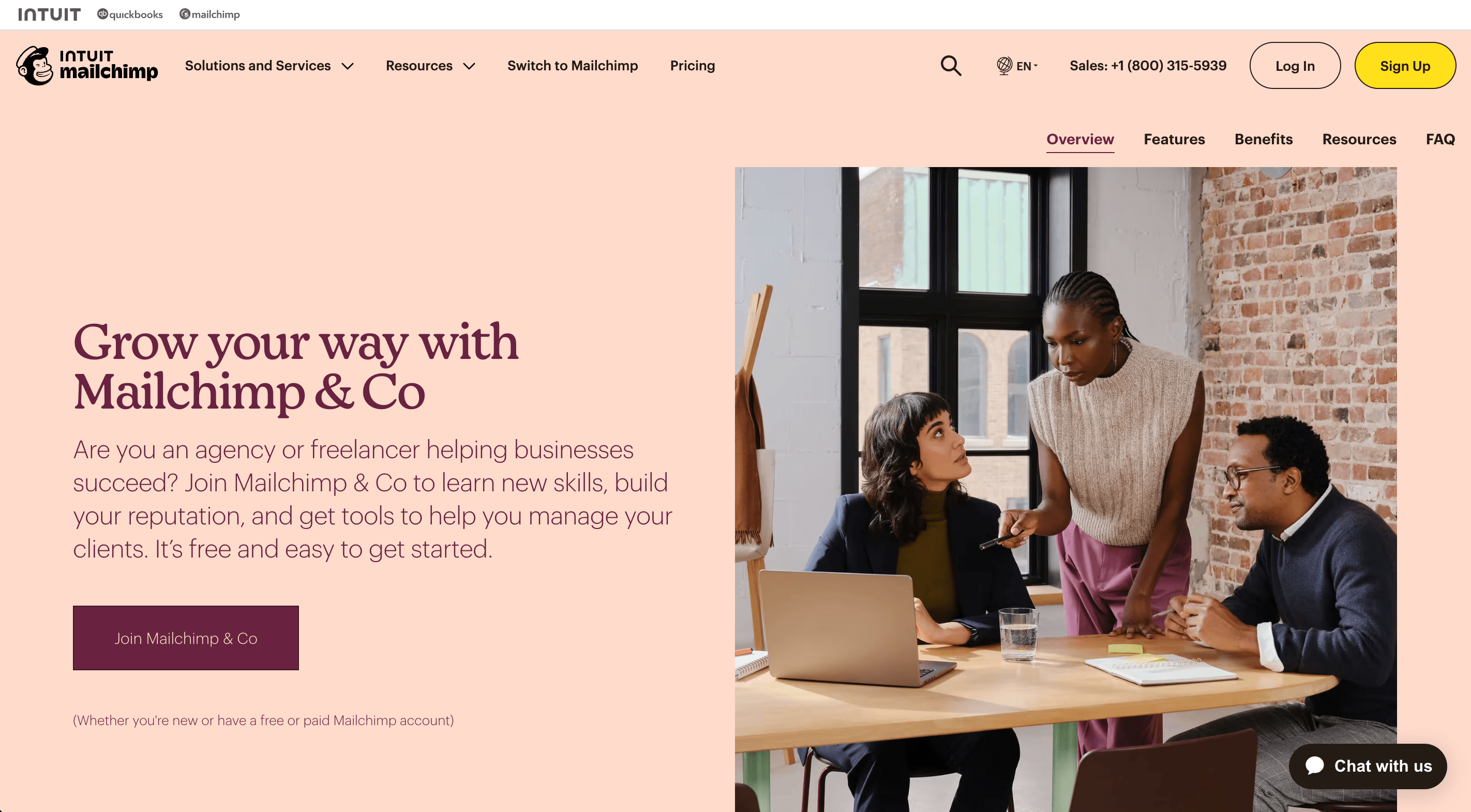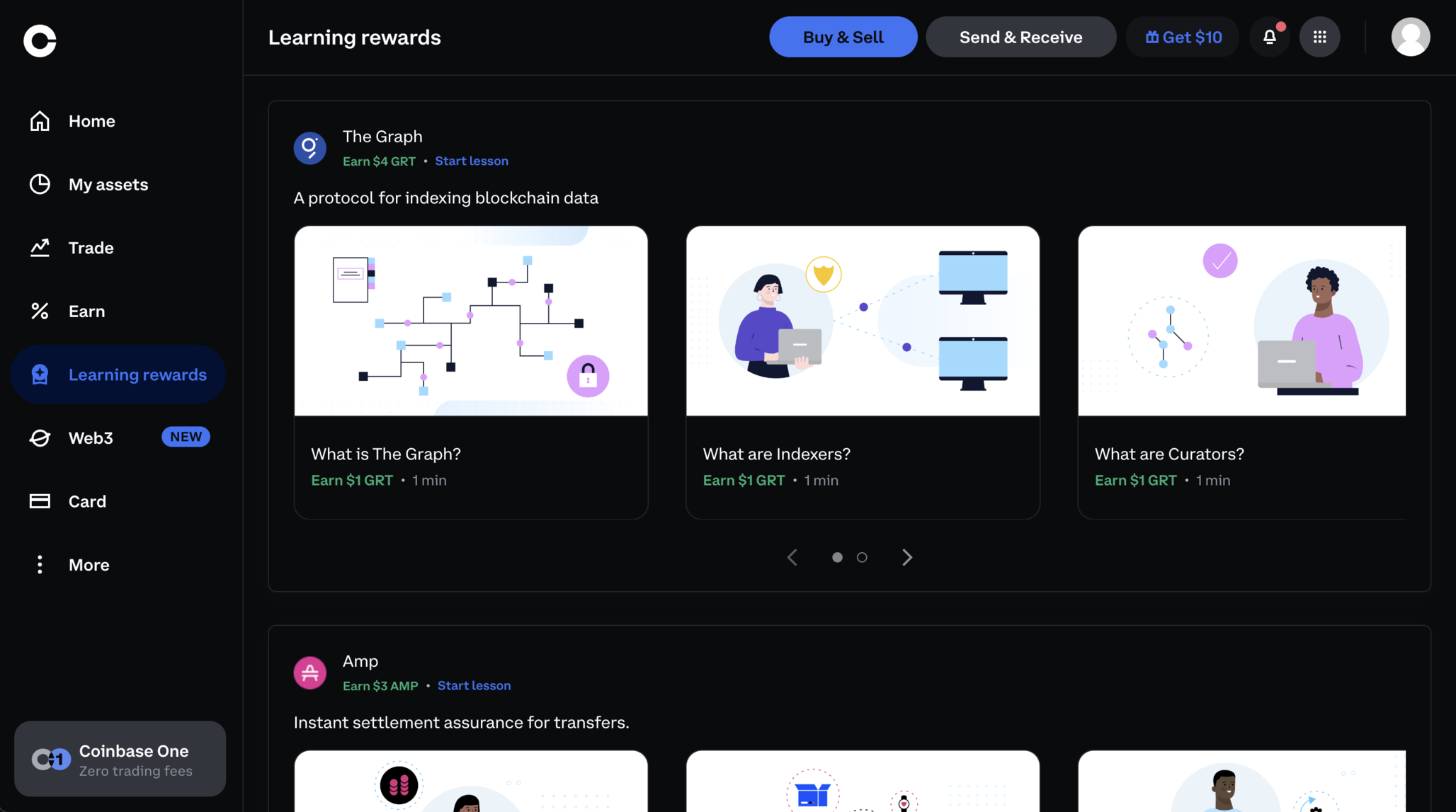In the world of B2B marketing, customer case studies are invaluable assets. They provide social proof, showcase your product's real-world impact, and help potential customers envision how your solution could benefit their business. However, securing these powerful testimonials isn't always straightforward. Many companies struggle with how to ask for a customer case study without seeming pushy or intrusive.
This comprehensive guide will walk you through the process of requesting customer case studies, from preparation to follow-up. We'll cover best practices, provide email templates, and share tips to increase your success rate. By the end, you'll have the tools and confidence to approach your customers and create compelling case studies that drive growth for your business.
Table of Contents
- Understanding the Value of Customer Case Studies
- Preparing for Your Case Study Request
- Identifying the Right Customers to Approach
- Crafting Your Case Study Request Email
- Email Templates for Different Scenarios
- Following Up on Your Request
- Addressing Common Customer Concerns
- Making the Case Study Process Easy for Customers
- Offering Incentives for Participation
- Leveraging Customer Relationships for Better Results
- Best Practices for Conducting Case Study Interviews
- Creating Compelling Case Studies
- Maximizing the Impact of Your Case Studies
Understanding the Value of Customer Case Studies
Before diving into how to ask for a case study, it's crucial to understand why they're so valuable. Customer case studies:
- Provide social proof and credibility
- Showcase real-world applications of your product or service
- Help potential customers envision how your solution could benefit them
- Offer detailed insights into your product's impact
- Support sales and marketing efforts throughout the buyer's journey
By demonstrating the tangible benefits your customers have experienced, case studies can significantly influence purchasing decisions and accelerate the sales cycle.
Preparing for Your Case Study Request
Preparation is key to successfully securing customer case studies. Before reaching out to customers, take these steps:
Define your goals: Determine what you want to achieve with the case study. Are you looking to highlight a specific feature, demonstrate ROI, or showcase your solution in a particular industry?
Gather internal information: Collect data on the customer's journey with your product, including key milestones, successes, and any quantifiable results.
Identify decision-makers: Determine who in the customer's organization has the authority to approve a case study request.
Review your relationship: Assess the strength of your relationship with the customer and any recent interactions or issues.
Prepare your pitch: Develop a clear, concise explanation of why you're requesting a case study and how it will benefit the customer.
By laying this groundwork, you'll be better equipped to make a compelling case for participation when you reach out to your customers.
Identifying the Right Customers to Approach
Not all customers are ideal candidates for case studies. To increase your chances of success, look for customers who:
- Have achieved significant results with your product or service
- Represent your target market or a desirable industry vertical
- Have a strong, positive relationship with your company
- Are enthusiastic about your product and willing to advocate for it
- Have been using your solution long enough to provide meaningful insights
Consider creating a scoring system to prioritize potential case study candidates based on these factors. This will help you focus your efforts on the most promising opportunities.
Crafting Your Case Study Request Email
When asking for a customer case study via email, your message should be clear, concise, and compelling. Here are key elements to include:
Personalized greeting: Address the recipient by name and reference your relationship.
Clear purpose: State upfront that you're requesting their participation in a case study.
Explanation of benefits: Highlight how participating in the case study can benefit their business (e.g., increased exposure, thought leadership).
Outline of the process: Briefly explain what participating would involve and the time commitment required.
Flexibility: Offer options for how they can contribute (e.g., written responses, phone interview, video testimonial).
Next steps: Clearly state what action you'd like them to take (e.g., schedule a call, respond with interest).
Gratitude: Thank them for their time and consideration.
Remember to keep your email concise while still providing enough information to pique their interest and address potential concerns.
Email Templates for Different Scenarios
Here are five email templates you can adapt for various case study request scenarios:
1. New Customer Success Story
Subject: Showcase Your Success with [Your Company Name]
Dear [Customer Name],
I hope this email finds you well. We've been thrilled to see the fantastic results you've achieved with [Your Product/Service] over the past [timeframe]. Your success story is truly inspiring, and we believe it could benefit others in similar situations.
Would you be interested in collaborating on a case study to highlight your achievements? This would involve a brief interview (30-45 minutes) to discuss your experience and results. In return, we'd provide you with:
- Increased visibility through our marketing channels
- A professionally written case study for your own use
- The opportunity to position yourself as an industry leader
If you're open to this idea, I'd be happy to share more details or schedule a quick call to discuss further.
Thank you for your consideration. We're excited about the possibility of showcasing your success!
Best regards,
[Your Name]
2. Long-Term Partnership Appreciation
Subject: Celebrating Our Partnership: Share Your [Company Name] Story
Dear [Customer Name],
As we approach the [X]-year anniversary of our partnership, I wanted to reach out and express our gratitude for your continued trust in [Your Company Name]. Your journey with us has been remarkable, and we believe your story could inspire other businesses facing similar challenges.
We'd be honored if you'd consider participating in a case study to showcase the impact of our long-term collaboration. This would involve:
1. A brief interview (45-60 minutes) to discuss your experience
2. Review and approval of the final content before publication
3. Potential feature across our marketing channels
In return, you'll receive:
- A professionally crafted case study for your own marketing use
- Increased visibility among our audience and potential partners
- Recognition as an industry innovator
If this opportunity interests you, I'd be happy to provide more information or set up a call to discuss the details.
Thank you for your ongoing partnership. We look forward to potentially sharing your success story!
Warm regards,
[Your Name]
3. Specific Product or Feature Highlight
Subject: Showcase Your Innovation with [Product/Feature Name]
Hello [Customer Name],
I hope this message finds you well. We've been impressed by how you've leveraged [specific product/feature] to [achieve specific result/solve specific problem]. Your innovative approach stands out, and we believe your story could inspire others in the industry.
Would you be interested in participating in a case study focused on your use of [product/feature]? This would involve:
- A short interview (30-45 minutes) to discuss your experience
- Review and approval of the final content
- Potential feature in our product marketing materials
Benefits for [Customer Company Name] include:
1. Positioning as an industry innovator
2. Increased visibility among our customer base and beyond
3. A professionally written case study for your own use
If you're open to this opportunity, I'd be happy to provide more details or schedule a brief call to discuss further.
Thank you for your consideration. We're excited about the possibility of highlighting your innovative use of [product/feature]!
Best regards,
[Your Name]
4. ROI and Metrics Showcase
Subject: Spotlight Your Success: [Impressive Metric] with [Your Company Name]
Dear [Customer Name],
I hope this email finds you well. We recently noticed the impressive [specific metric/result] you've achieved using [Your Product/Service], and we're thrilled to see such fantastic results!
Given your success, we'd love to feature your story in a case study focusing on the ROI and tangible benefits you've experienced. This would involve:
1. A brief interview (30-45 minutes) to discuss your results and experience
2. Sharing of relevant metrics (which you'll have full control over)
3. Review and approval of the final content before publication
Participating in this case study offers several benefits:
- Showcase your company's data-driven approach and success
- Gain exposure to our audience of industry professionals
- Receive a professionally written case study for your own marketing efforts
If you're interested in this opportunity, I'd be happy to provide more information or set up a quick call to discuss the details.
Thank you for considering this request. We're excited about the possibility of highlighting your impressive results!
Best regards,
[Your Name]
5. Industry-Specific Success Story
Subject: Share Your [Industry] Success Story with [Your Company Name]
Hello [Customer Name],
I hope this message finds you well. As a leader in the [specific industry], your innovative use of [Your Product/Service] to [solve specific industry challenge] has caught our attention. We believe your story could provide valuable insights to others in the [industry] facing similar challenges.
We'd be honored if you'd consider participating in an industry-focused case study. This would involve:
- A brief interview (30-45 minutes) to discuss your experience and results
- Review and approval of the final content before publication
- Potential feature in our industry-specific marketing materials
Benefits for [Customer Company Name] include:
1. Positioning as an industry thought leader
2. Increased visibility among peers and potential partners
3. A professionally written case study for your own marketing use
If you're open to this opportunity, I'd be happy to provide more details or schedule a short call to discuss further.
Thank you for your consideration. We're excited about the possibility of showcasing your innovative approach in [industry]!
Best regards,
[Your Name]
Following Up on Your Request
If you don't receive a response to your initial case study request, don't be discouraged. Many decision-makers are busy and may need a gentle reminder. Here are some tips for following up:
Timing: Wait about 5-7 business days before sending a follow-up email.
Keep it brief: Your follow-up should be shorter than your initial request.
Add value: Include any new information or benefits you didn't mention in the first email.
Be understanding: Acknowledge their busy schedule and offer flexibility.
Provide an easy out: Give them a simple way to decline if they're not interested.
Here's a sample follow-up email template:
Subject: Quick Follow-up: Case Study Opportunity
Hi [Customer Name],
I hope this email finds you well. I wanted to follow up on my previous message about featuring [Customer Company Name] in a case study. I understand you're likely busy, so I thought I'd check in to see if you had any questions or needed any additional information.
As a quick reminder, participating in this case study would involve a brief 30-minute interview and review of the final content. In return, you'd receive:
- A professionally written case study for your own use
- Increased visibility through our marketing channels
- Recognition as an industry innovator
If you're not interested or if now isn't the right time, please let me know, and I won't bother you further.
Thank you for your time and consideration.
Best regards,
[Your Name]
Remember, persistence is key, but always be respectful of your customer's time and decision.
Addressing Common Customer Concerns
When asking for a case study, you may encounter some hesitation or objections from customers. Here are some common concerns and how to address them:
Time commitment:
- Concern: "We're too busy to participate."
- Response: Emphasize the minimal time investment (e.g., a 30-minute interview) and offer to work around their schedule.
Confidentiality:
- Concern: "We can't share sensitive information."
- Response: Offer to anonymize data or use percentage improvements instead of absolute figures. Assure them they'll have final approval on all content.
Competitive advantage:
- Concern: "We don't want our competitors to know our strategies."
- Response: Focus on the high-level benefits and results without revealing specific tactics or proprietary information.
Legal issues:
- Concern: "Our legal team won't allow it."
- Response: Offer to work directly with their legal team to address any concerns and modify the case study as needed.
Lack of perceived value:
- Concern: "What's in it for us?"
- Response: Highlight the benefits, such as increased exposure, thought leadership positioning, and a professionally written marketing asset for their use.
By anticipating and addressing these concerns proactively, you can increase your chances of securing case study participation.
Making the Case Study Process Easy for Customers
To increase the likelihood of customers agreeing to participate in a case study, make the process as easy and painless as possible for them. Here are some strategies:
Flexible interview options: Offer various methods for conducting the interview, such as phone, video call, or written responses to questions.
Prepared questions: Send the interview questions in advance so they can prepare their thoughts.
Minimal revisions: Aim to create a strong first draft to minimize the number of revisions required from the customer.
Quick turnaround: Set and stick to a timeline for completing the case study to avoid dragging out the process.
Multiple approvers: If multiple stakeholders need to approve the case study, offer to manage the approval process to reduce the burden on your main contact.
Content repurposing: Offer to create multiple assets from a single interview (e.g., written case study, video testimonial, infographic) to maximize the value of their time investment.
By streamlining the process, you show respect for your customer's time and increase the likelihood of their participation and satisfaction with the experience.
Offering Incentives for Participation
While many customers may be willing to participate in a case study without additional incentives, offering something extra can sometimes tip the scales in your favor. Here are some potential incentives to consider:
Co-marketing opportunities: Offer to promote their business through your channels (e.g., social media, email newsletters, blog posts).
Speaking engagements: Invite them to speak at your company events or webinars.
Early access or beta testing: Provide exclusive access to new features or products.
Professional video production: If creating a video testimonial, offer to provide them with additional footage for their own use.
Donation to charity: Offer to make a donation to a charity of their choice in exchange for their participation.
Product credits or discounts: Provide credits or discounts on your product or service (where appropriate and allowed).
Executive networking: Arrange a meeting with your company executives to discuss industry trends or strategic partnerships.
Remember to check your company's policies and any relevant regulations before offering incentives, especially in industries with strict compliance requirements.
Leveraging Customer Relationships for Better Results
The strength of your relationship with a customer can significantly impact their willingness to participate in a case study. Here are some strategies to leverage and improve these relationships:
Regular check-ins: Establish a cadence of regular check-ins with key customers to stay informed about their successes and challenges.
Customer success stories: Encourage your customer success team to flag potential case study candidates based on their interactions.
Event engagement: Invite key customers to company events or industry conferences to strengthen relationships.
Exclusive groups: Create an exclusive customer advisory board or beta testing group to make customers feel valued and involved.
Personalized communication: Ensure all communications are personalized and demonstrate a genuine interest in the customer's business.
Proactive problem-solving: Address any issues quickly and proactively to maintain a positive relationship.
Share relevant content: Regularly share helpful resources, industry insights, or product updates that are specifically relevant to each customer.
By consistently nurturing these relationships, you create a foundation of goodwill that makes customers more likely to agree to participate in case studies when asked.
Best Practices for Conducting Case Study Interviews
Once a customer agrees to participate in a case study, it's crucial to conduct an effective interview to gather compelling information. Here are some best practices:
Prepare thoroughly: Research the customer's business and their use of your product before the interview.
Set clear expectations: Explain the interview process, expected duration, and how the information will be used.
Use open-ended questions: Encourage detailed responses by asking "how" and "why" questions.
Listen actively: Pay close attention to the customer's responses and ask relevant follow-up questions.
Focus on results: While the process is important, emphasize the outcomes and measurable results achieved with your product or service.
Capture compelling quotes: Listen for impactful statements that can be used as quotes in the case study.
Respect time limits: Stick to the agreed-upon interview duration to respect the customer's time.
Address concerns: If the customer expresses any hesitations during the interview, address them immediately.
End with an open question: Conclude by asking if there's anything else they'd like to share that wasn't covered in the interview.
Express gratitude: Thank the customer for their time and insights at the end of the interview.
By following these best practices, you'll gather rich, detailed information that forms the foundation of a compelling case study.
Creating Compelling Case Studies
Once you've conducted the interview, it's time to craft a compelling case study. Here are some tips for creating impactful case studies:
Tell a story: Structure your case study as a narrative, with a clear beginning (challenge), middle (solution), and end (results).
Use a clear, concise format: Organize information with headers, bullet points, and short paragraphs for easy reading.
Include quantifiable results: Whenever possible, include specific metrics and data points that demonstrate the impact of your solution.
Incorporate customer quotes: Use direct quotes from the interview to add authenticity and a human element to the case study.
Add visual elements: Include charts, graphs, or images to illustrate key points and break up text.
Keep it concise: Aim for a length of 800-1200 words, focusing on the most impactful information.
Highlight the customer: Make the customer the hero of the story, with your product or service playing a supporting role.
Address potential objections: Anticipate and address common objections or concerns that prospects might have.
Include a clear call-to-action: End with a strong CTA that guides readers on what to do next (e.g., request a demo, contact sales).
Proofread and edit: Ensure the case study is free of errors and presents a professional image of both your company and the featured customer.
Remember to get final approval from your customer before publishing the case study.
Maximizing the Impact of Your Case Studies
Creating a great case study is just the beginning. To get the most value from your efforts, consider these strategies for maximizing their impact:
Multi-format distribution: Create different versions of the case study (e.g., full PDF, blog post, infographic, video) to suit various channels and preferences.
Strategic placement: Feature case studies prominently on your website, especially on key landing pages and in the sales process.
Sales enablement: Ensure your sales team is familiar with all case studies and knows when and how to use them effectively.
Social media sharing: Share snippets, quotes, or key statistics from the case study across your social media channels.
Email marketing: Include case study highlights in your email newsletters or create dedicated case study announcement emails.
Paid advertising: Use compelling stats or quotes from case studies in paid advertising campaigns.
Content syndication: Share your case studies on relevant industry websites or platforms to expand their reach.
Event marketing: Feature case studies in presentations, booth materials, or handouts at industry events and conferences.
Partner co-marketing: If the case study involves a partner solution, collaborate on promotion to reach a wider audience.
Regular updates: Periodically revisit successful case studies to add new results or insights, keeping them fresh and relevant.
By implementing these strategies, you can ensure that your case studies continue to drive value long after they're created, influencing potential customers throughout the buyer's journey and supporting your overall marketing and sales efforts.
In conclusion, asking for and creating customer case studies is a valuable process that can significantly impact your business growth. By following the strategies and best practices outlined in this guide, you can successfully secure customer participation, conduct effective interviews, create compelling case studies, and maximize their impact across your marketing and sales efforts. Remember, each case study is an opportunity to showcase your product's value and build credibility with potential customers, so approach the process with enthusiasm and a commitment to quality.







